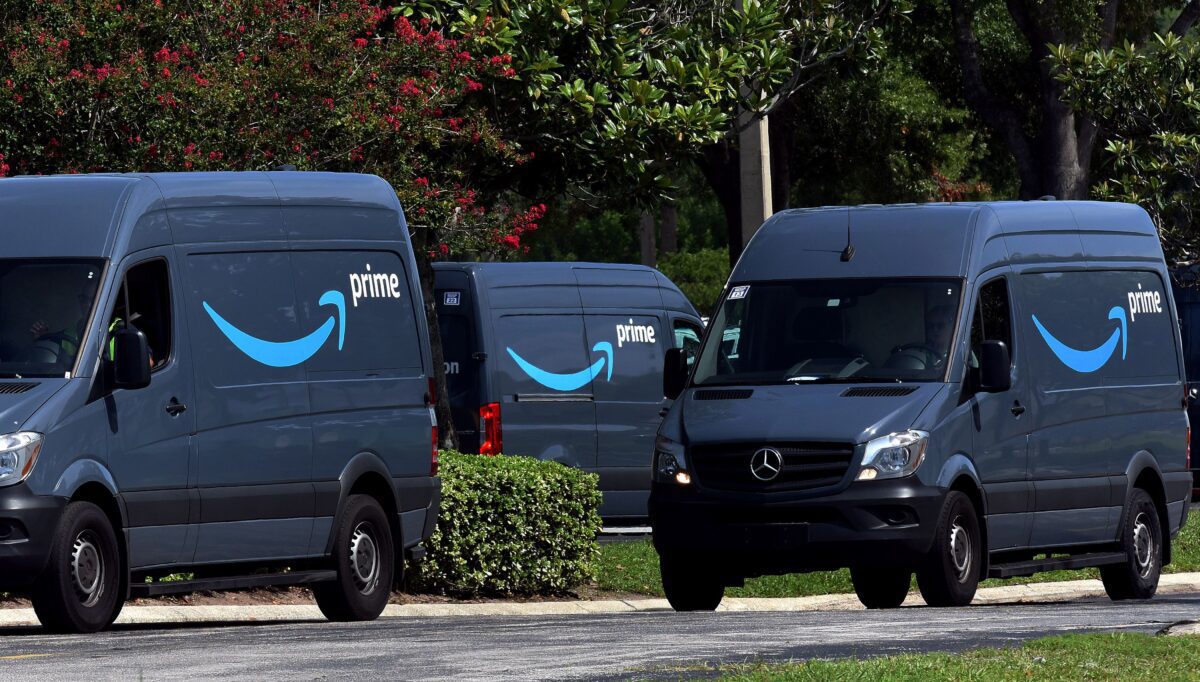Few companies stand on the same level as Amazon, and its success has led to people paying attention to every move it makes. That includes the initiatives it rolls out to help startups, which includes its Delivery Service Partners program. The program, which revolves around building startups to deliver packages, is now under fire in a class action lawsuit.
The source of the complaint is a $10,000 stipend related to the Delivery Service Partners program. Because the stipend is intended to promote diversity, it only applies to “Black, Latinx, and Native American entrepreneurs.” According to the lawsuit, the choice to only provide the stipend to those groups is “patently unlawful racial discrimination.”
Amazon’s website lists the stipend as a $1 million commitment to diversity, which offers aid to qualified candidates and reduces the barriers to entry. But that is precisely what the lawsuit focuses on since White and Asian Americans do not receive the same benefits if they want to participate in the program. Instead, they pay all of the startup costs.
The plaintiff in the lawsuit, Crystal Bolduc, is asking for the program to be ended and damages to be awarded to those impacted by the “unlawful racial discrimination.” The argument is that the stipend violates the Civil Rights Act of 1866, an act that prohibits racial discrimination in contracting.
But this is not the first time Amazon has created a program that focuses on a specific group. The company also has a business accelerator that provides black-owned businesses with a $500 credit that is meant to assist with startup and operational costs. It is even mentioned as a piece of evidence against Amazon’s practices, though the lawsuit only targets the stipend.
Another class action lawsuit cropped up against Amazon just last October as well, claiming that the company discriminates against white Amazon sellers. According to the lawsuit, preferential advertising went to minority businesses.
Amazon has also faced other discrimination-based lawsuits, including those focused on racial discrimination and accusations of discrimination against pregnant and disabled workers.
But Amazon is not the only one with race-conscious programs and policies in place. Many organizations have similar programs, including Google and Pfizer. Google sets a cap on how many White and Asian students a university can nominate for a graduate fellowship. Meanwhile, Pfizer has a “Breakthrough Fellowship” that requires applicants to, among other things, be Black, Latino, or Native American.
While many argue that these programs violate federal law, there is no effort to hide them as companies advertise them out in the open. Amazon’s accelerator program even reportedly has the support of the U.S. Department of Commerce.
Whether the lawsuit will go anywhere is uncertain, but it does have a strong enough legal case to cause some trouble. That is because, according to the lawsuit, Bolduc and others that apply to the program are unable to apply to be a partner without subjecting themselves to the discrimination.
Regardless of the eventual outcome, Bolduc’s team features some prominent lawyers that are unlikely to let things end quickly. If the lawsuit succeeds, it could affect similar programs and efforts. Even if it does not, it could have repercussions for Amazon’s Delivery Service Partners program and the startups it could help see the light of day.








